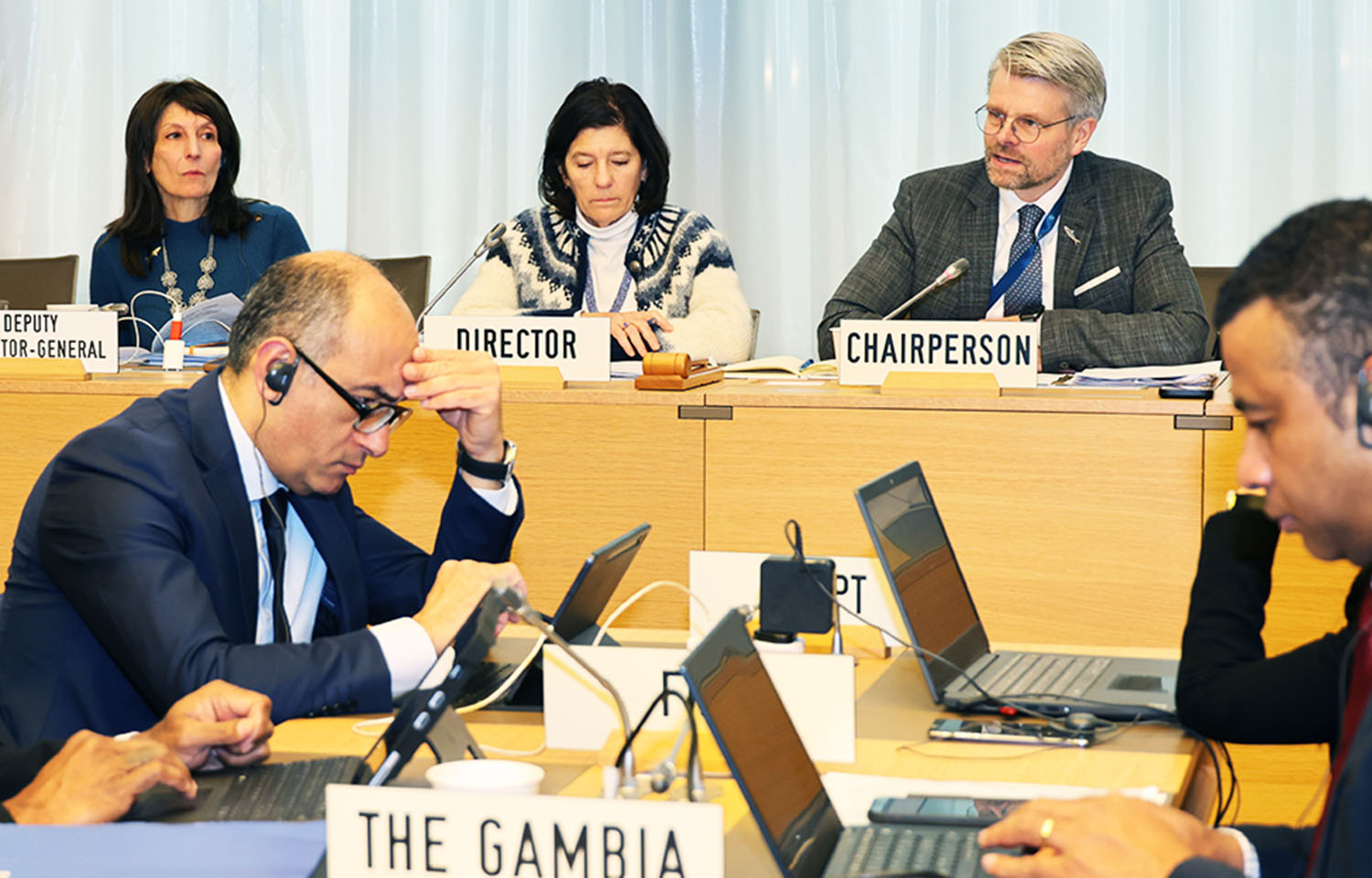World Trade Organization (WTO) negotiators have given themselves until 9 February 2024 to arrive at an agreement on a draft text limiting subsidies contributing to overfishing and overcapacity in global fisheries.
A series of intensive talks will begin at the World Trade Organization over the next two weeks aiming to fill many of the gaps that remain in the working draft of the agreement currently under revision.
Iceland WTO Ambassador Einar Gunnarsson, who has been chairing the talks, issued a statement on 15 January saying that while “intensified work” is needed to find convergence between different positions, he has an “increased sense of optimism” the talks will conclude successfully. Gunnarsson said he’s hopeful the negotiations will result in a final draft document in time for the WTO Ministerial Meeting beginning 28 February in Abu Dhabi in the United Arab Emirates.
“I made my best effort to create a basis for our work that could enable us to prepare our ministers for success in the time that remains. With our meeting today, we are launching the Fish Month, during which our goal is to find convergence on the issues in front of us, with a view to providing ministers with a clean text to consider,” Gunnarsson said. “I am happy to note that all members and group coordinators that took the floor indicated that they are willing to use this text as the basis for our discussions over the next few weeks, while I of course recognize members' various requests for further refinements of the text."
The latest text retains the two-tiered approach whereby countries paying the largest subsidies will be subject to a heightened level of scrutiny and more frequent reporting requirements than poorer countries that do not have large fishing fleets.
However, Gunnarsson said the “illustrative list of presumptively prohibited subsidies” is subject to a “sustainability-based qualification,” meaning they will be allowed if proven sustainability measures are in effect.
As for “specific and differential treatment,” or exemptions for developing countries, the latest text proposes a two-phase transition period for larger developing countries, though countries with distant-water fleets, including China, Vietnam, and Thailand, will not be eligible.
The talks also aim to build out additional rules governing fishing subsidies, building off an agreement reached in June 2022 that prohibits subsidization of illegal, unreported, and unregulated (IUU) fishing, fishing of depleted stocks, and fishing on the unregulated high seas. The original deal remains unratified, as only 55 nations have signed on – just half the number of WTO members required.
Photo courtesy of World Trade Organization







